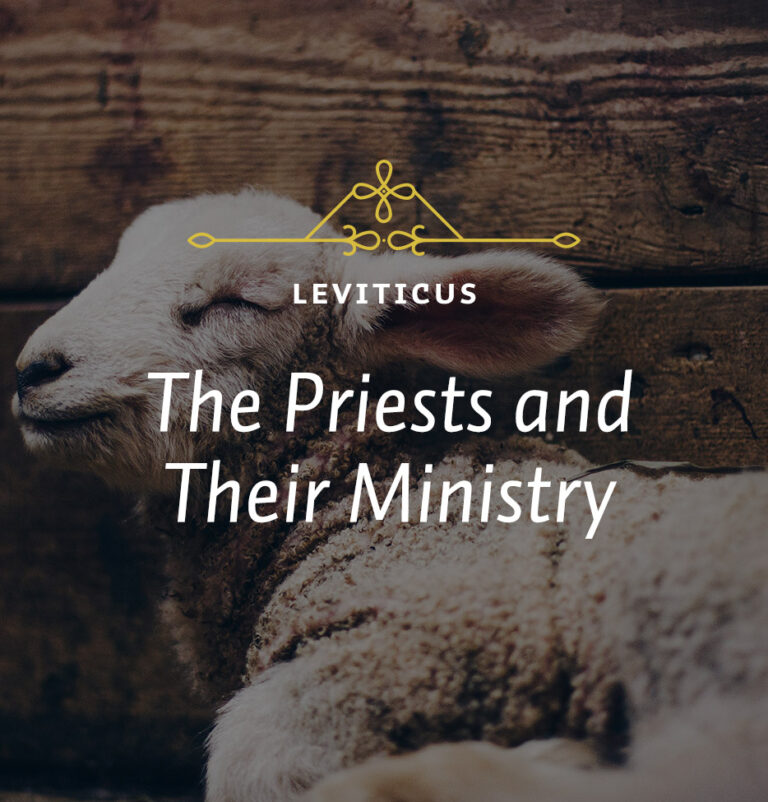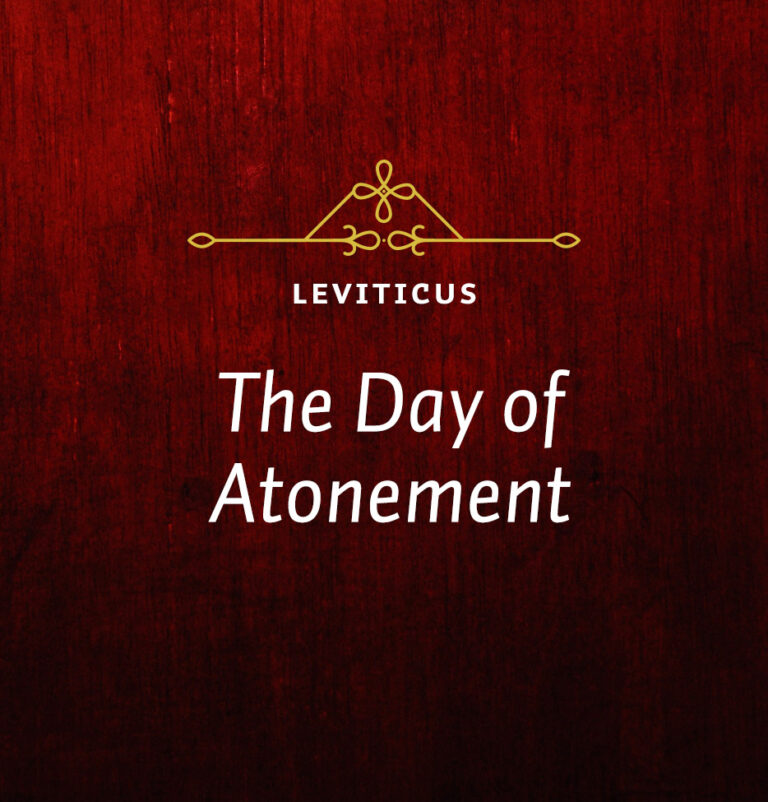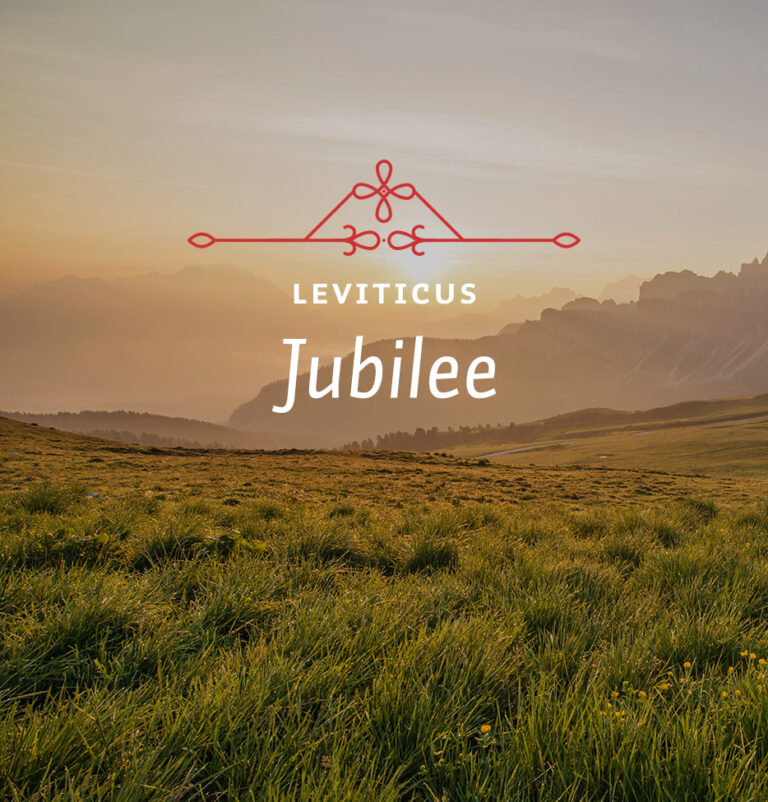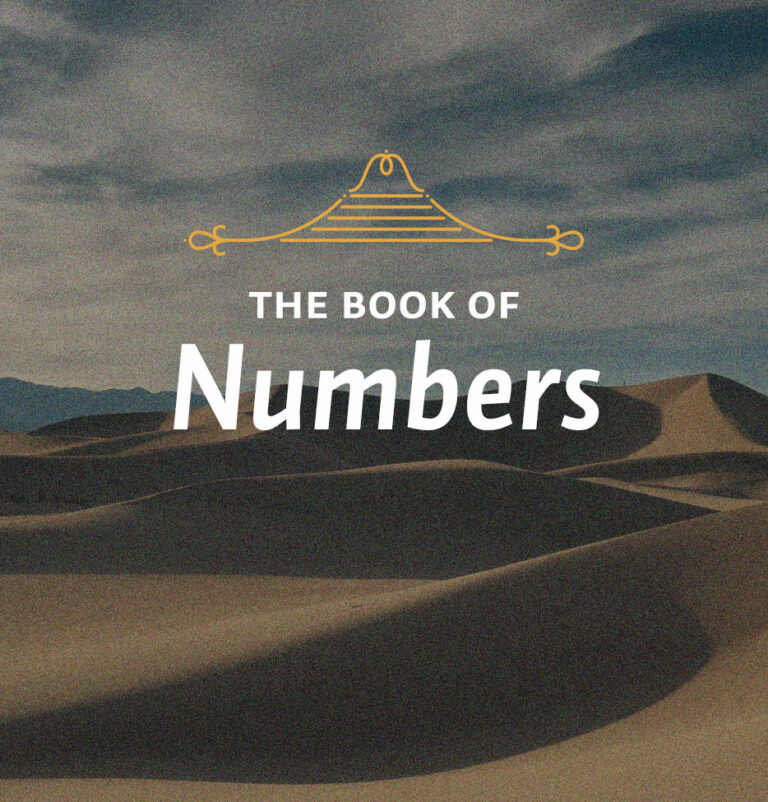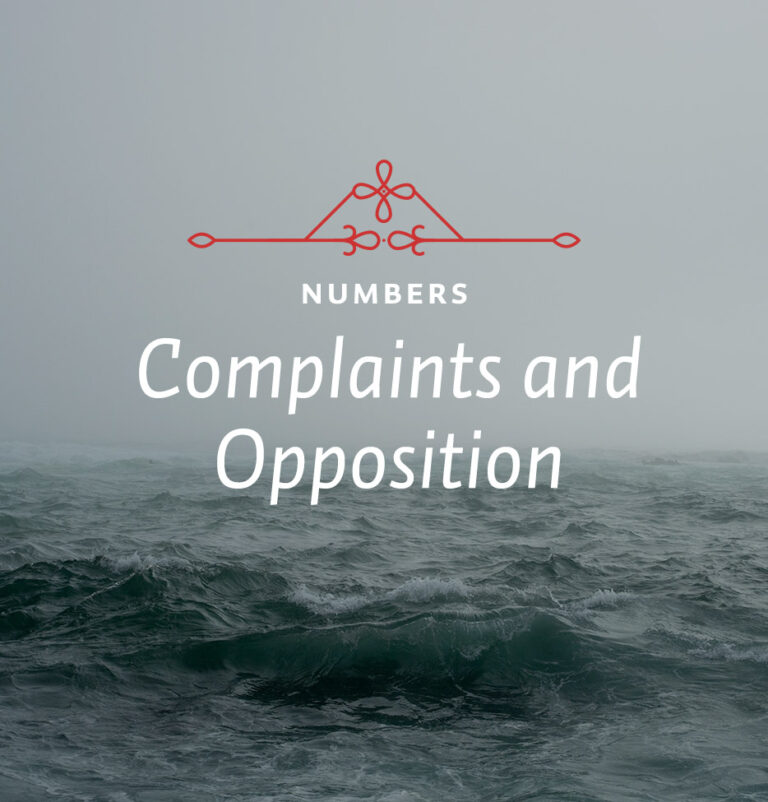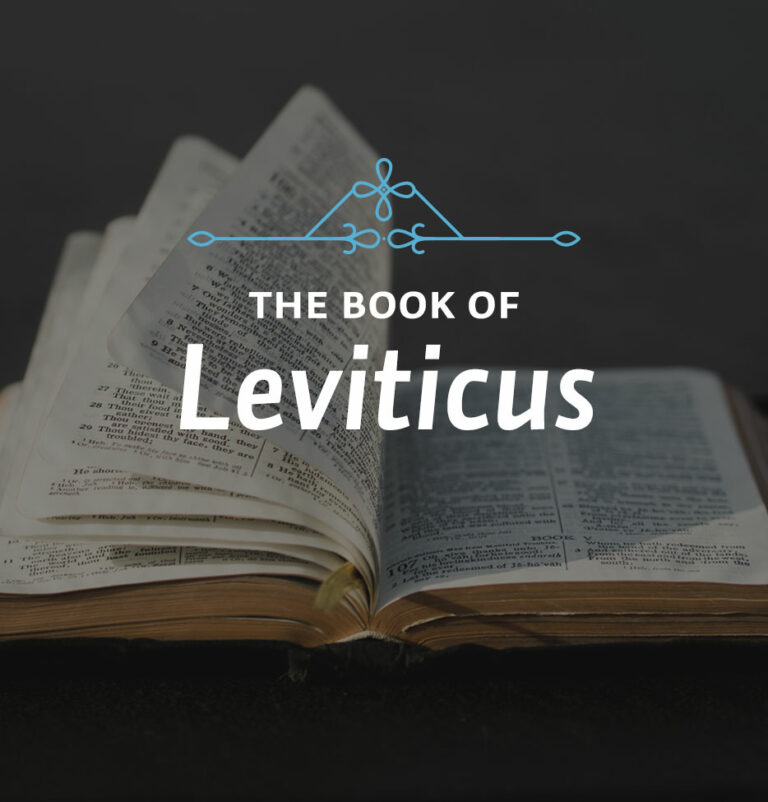
Friday: Holy to the LORD: Leviticus 1:1-24:23
n the matter of these purification laws, Jesus explains what these ritual requirements were meant to do. The principle is that it’s not what comes into you or touches you that makes you unclean, but what comes out. The problem is not external, but, rather, the problem is the uncleanness of your heart. Jesus said: “Don’t you see that whatever enters the mouth goes into the stomach and then out of the body? But the things that come out of the mouth come from the heart, and these make a man ‘unclean.’ For out of the heart come evil thoughts, murder, adultery, sexual immorality, theft, false testimony, slander. These are what make a man ‘unclean’” (Matt. 15:17-20a).


